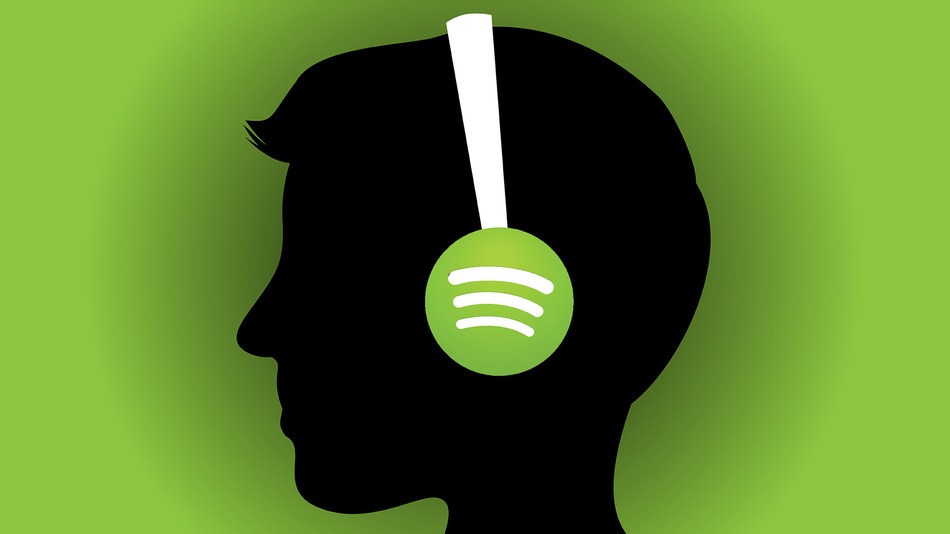Why stop at CD quality? They could make even higher tier for audiophiles, if I spend 10 000$+ on my audio setup I wan't something other to listen to than my own material and will gladly pay 40$ a month for that if it means I get up to 4 times the quality.
Upsampling and hires recording beyond 16 bit playback of a good mix only makes a bigger file ,maybe a swindle on the other end and hires player and media sales opportunities
Upsampling usually adds distortion .
Quote >>> "They could make even higher tier for audiophiles,"
You mean audio fools ☺
I tell them
feel free to ignore the science and your cognitive expectation bias you will have a lot of company there
If a hires mix sounds better than the same mix on a CD then what you had was an inferior CD mix and or uniform loudness compression on the CD mix resulting in a higher noise floor added thd+n and les dynamic range .
Sampling above 16 / 44.1 never improves audio quality on its own and spendy optical CD players are absurd an inexpensive HDD and not spent dac and something to play it with is way better than a $10.000 CDP and DAC and an exotic metal fool PCM data cable.
You can use a USB HDD and smart TV platform media player and optical for instance up to 24/96 2 ch for external decoding in a 5.1/7.1 HT AVR if you don't have a media player or PC to use and the spendy CDP/DAC and exotic metal data cable won't sound any better ,its PCM data it doesn't care it either works or not .
Quantizing /truncating 24 bit hires to 16 bits correctly will not degrade the audio playback from the original
The lower nyquist rate = 1/2 44.1 Khz sample rate for CD (RBCD) or 16 bit lossless and is 22.5 Khz which none of us can hear and any digital artifacts will be above the lower nyquist rate and inaudible on a good 16 bit mix .
A good CD or 16 bit mix that isn't squashed for uniform loudness or suicide loudness is all the human hearing needs .
We can't hear the 24 bit amplitude loudness step increments over 16 bit loudness steps of which there may be ~ 64,000 at 16 bits and thats how it really is .
OTOH there is good argument for mixing and tuning and and shaping at 24 bits and rendering it out at 16 bits for content delivery or media because at 16 bits you will compromise the sound doing much of anything including + dB software EQ at mixing or playback which adds thd +n vis a vis audio compression .
A lot of the digitized analog contact media and digital music production safety masters are at 24 bits at the labels and also Tidal hifi where they render down to 16 bits to stream it without any audio degradation and I expect Spotify sources it music from the labels like Tidal Hi Fi and the dog food will be the same on lossless Spotify .IOW wholly adequate for human ears .
I have some of that 24 bit stuff that didn't get to media specific POST mixing for a CD or club mix and it sounds great if it's a good mix and recording but that's not because of the 24 bit hires format it's because it didn't get squashed for uniform loudness in a commercial CD mix where mp3 comes from before it gets stepped on there .
The other hires argument at 2 ch. for hires if you can't get a good mix of a given production at 16 bits and thats what it is noting the best vinyl shakes out to maybe 775 mbps vs 1411 kbps on a CD or 16 bit mix and that includes the vinyl contact media noise above the noise floor that started in the late 18th century with recorded gramophone /phonograph contact media .
I was around back in vinyl days days and the real audiophiles seemed to be listening to reel to reel and 16 bit digital sampling is significantly oversampling magnetic tape below the lower nyquist rate frequency we can't hear anyway
OTOH the hires religion has ardent followers that maybe don't know any better and some that do taking advantage of ignorant masses and enthusiast illiterati and the business opportunities for the swindlers and HDWE folks or legitimate mixes not available at 16 bits where 2 ch hires really only legitimately fits in .
hires illiterati have no clue about audio codecs or mixing and what bit depth *actually represents in and audio file and it's not audible sound quality above 16 bits anyway
Similarly 4K blu rays may often be from 2K digital intermediates


